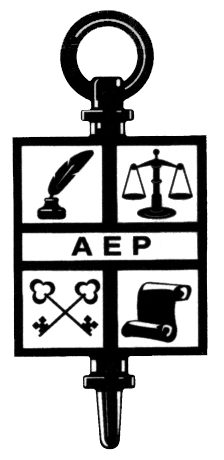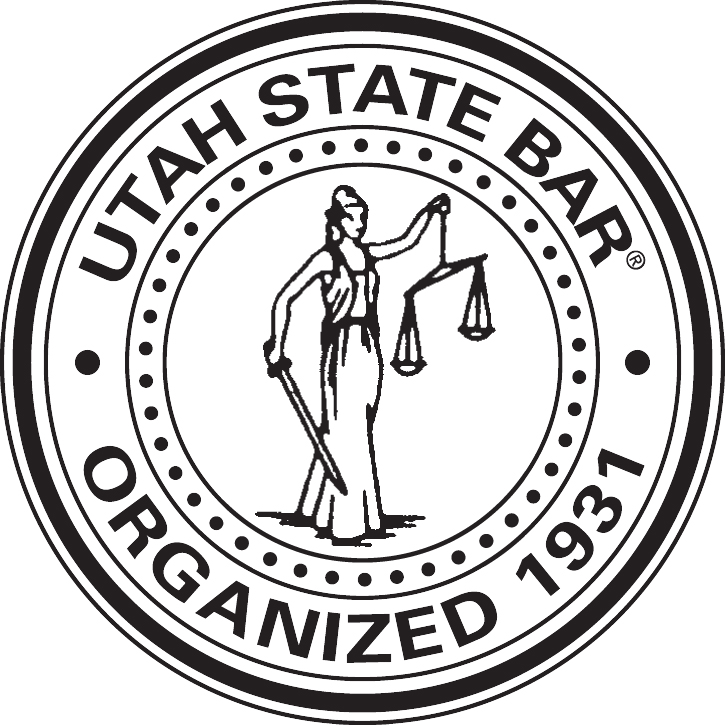Have You Properly Funded Your Revocable Trust?
|
Marianne Ludlow and Shawna Doughman Group focuses on securing your future, family & business through estate and business planning, including wills, trusts, powers of attorney, trust administration, and business planning contracts and agreements. Our offices are located in Highland and Lehi and we serve clients in Utah and Salt Lake Counties. You can contact us by phone (801) 407-6538 or e-mail mludlow@parsonsbehle.com.






